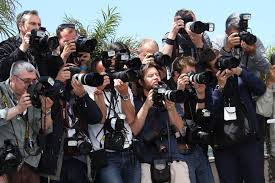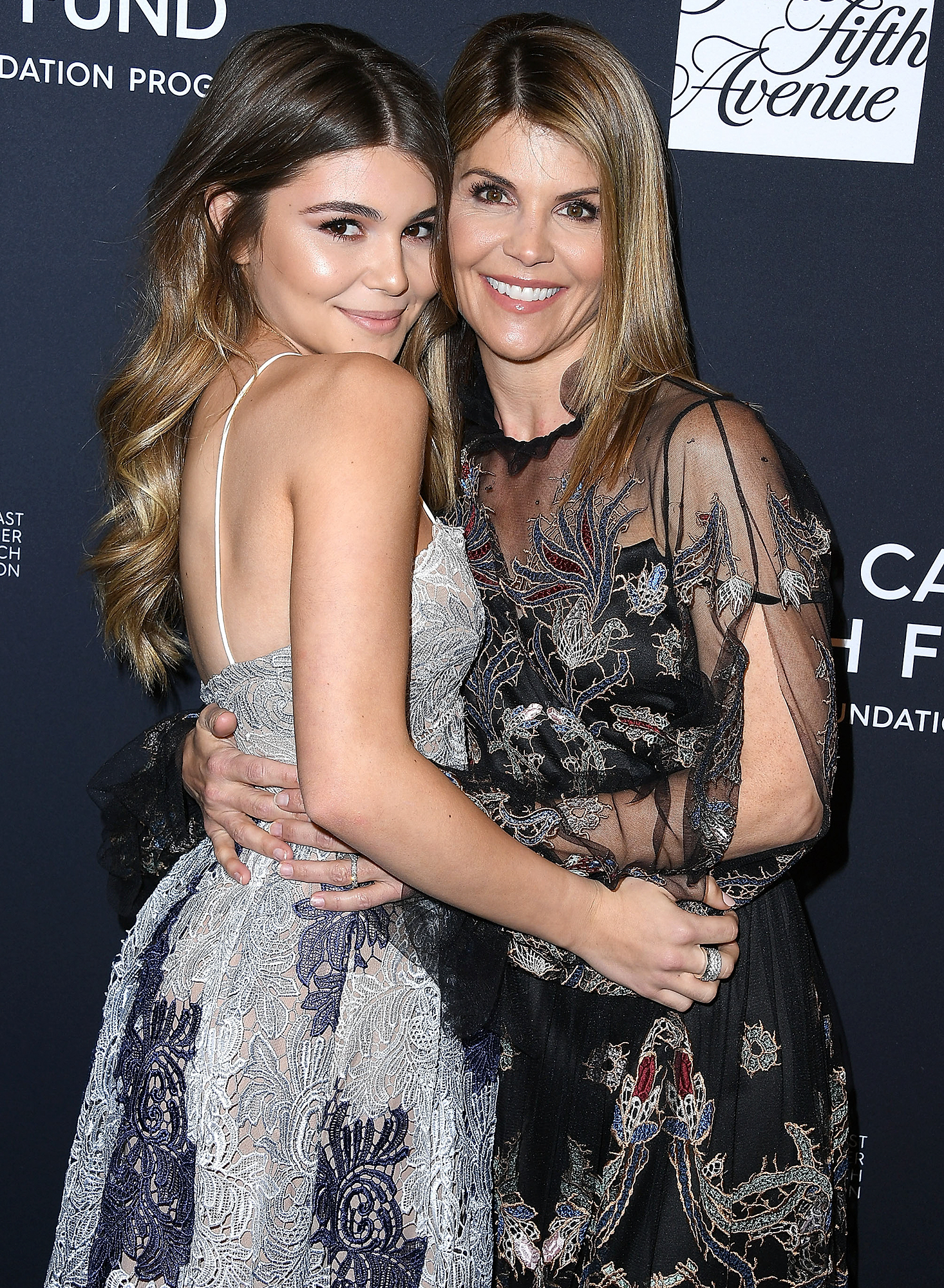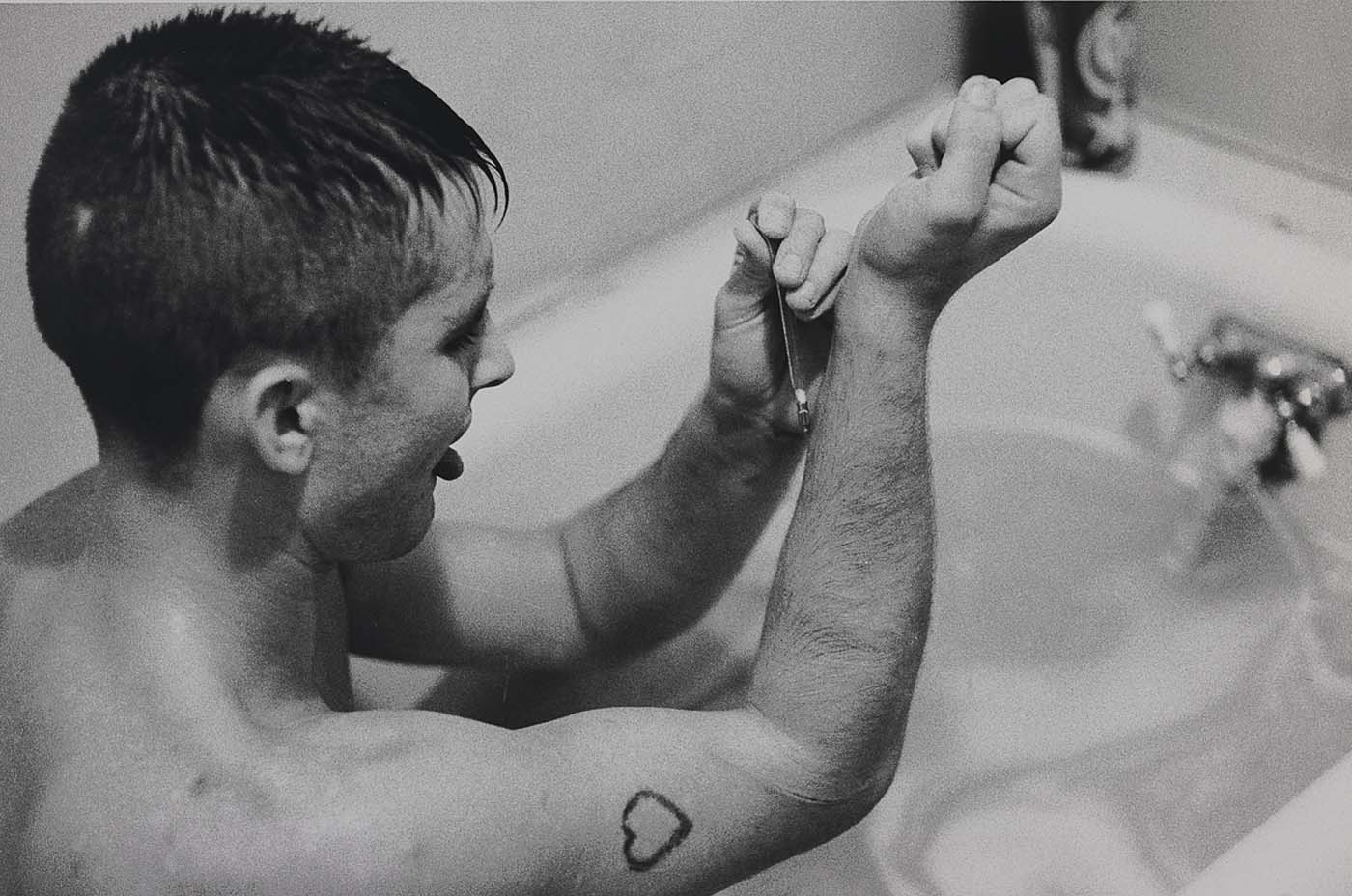
In what world is it okay to follow someone from their home to their place of business and to the gym? In what world is it acceptable to document another person’s hardships or the most personal moments of their life without permission or approval? None, you say? Unfortunately, this is the world we live in. We are plagued with this obscene and outlandish behavior every single day in the form of paparazzi.
Paparazzi is the term used for groups of people who take photographs of famous people for the purpose of selling them and making a profit. Often times, these photos depict famous people going about their daily business such as heading to work, grabbing a coffee, or walking down the street; these activities are not part of their jobs, do not promote their personal brand, or are in anyway newsworthy. Yet, we see them on the news.
The term ‘paparazzi’ cropped up around the 30s or 40s when Italian film director, Federico Fellini, used the term to describe a mosquito-like character that took photos of celebrities in his film, La Docle Vita. Since its inception, the term has been widely used but the phenomenon of the paparazzi didn’t start go gain real popularity until the 70’s and has since become a norm in our society. There are some paps that are so well-known that they are almost celebrities in their own right and make hundreds of thousands of dollars a year off of this lifestyle. This generates the question of how such lewd and salacious behavior is tolerated let alone allowed. The answer? It is completely legal.
Because the photographs taken by paparazzi are used for editorial purposes, they are protected under the First Amendment right to free speech and free press. This, however, has not stopped celebrities and famous icons from pressing charges and winning suits against paparazzi in the past. In most of these winning cases, though, the celebrities could not sue the paparazzi for taking photos of them because apparently it is completely okay to constantly stand in front of someone, stick a camera in their face, and blind them with flashes.
On top of this behavior being considered legal, it has become so engrained into our society that famous or not, we have begun to rely on the paparazzi. Some celebrities, like the Kardashians, will use it to their advantage to gain popularity or boost sales while others, like Leonardo DiCaprio, will do everything in their power to avoid the paparazzi and make it nearly impossible to get a selling photograph of them. No matter which category a celebrity falls into, it should still be up to that individual whether or not they want their private lives to be documented for the whole world to view. This brings to light the question of why the personal rights of celebrities are not being better protected.
On the other side of the spectrum, the average person will encounter paparazzi in the form of a tabloid magazine or shows like TMZ but despite how much criticism we offer up, we continue to follow the stories, read the posts, and follow the accounts. This begs the question of how wrong we actually think the paparazzi culture is. Do we actually care about the fact that these celebrities are people too? Do we actually think that it is wrong that these individuals cannot go to the grocery store without someone snapping a picture and writing about it the next day? Are we a part of the problem?
Society’s obsession with the Hollywood culture is what sparked and has continued to support the paparazzi culture that has become so prevalent over the past decades. We see these celebrities in the public sphere and forget that they are people with families and responsibilities; we see them on the cover of magazines and think of them as either artists or art. The photographs are art but paparazzi are not artists.







